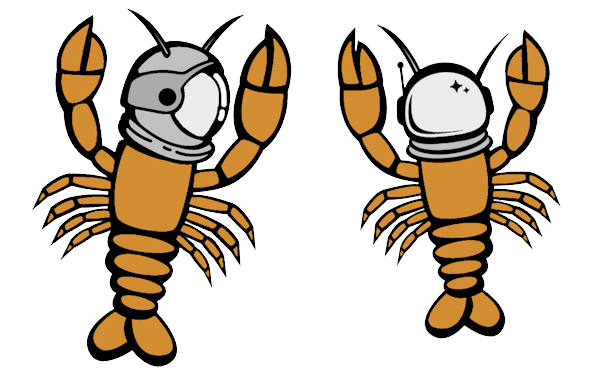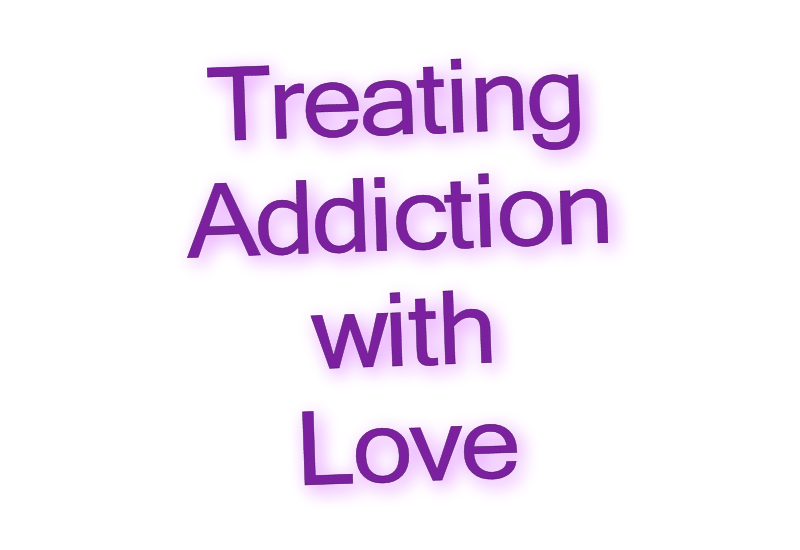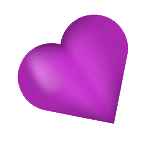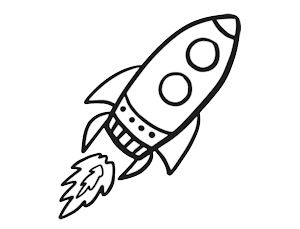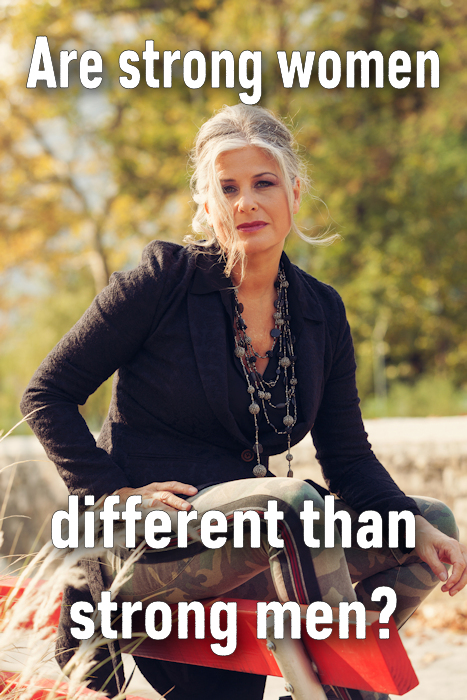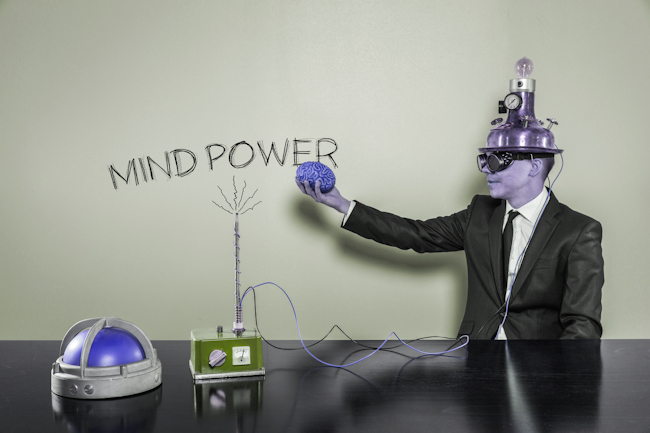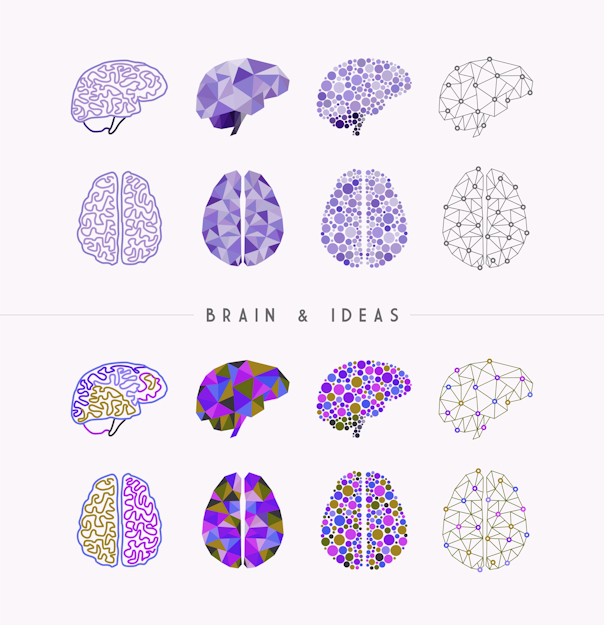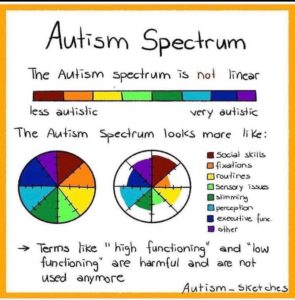I grew up in profound emotional neglect and abuse. This article is about healing from trauma and being an adult when you are young and being a kid when you are an adult.
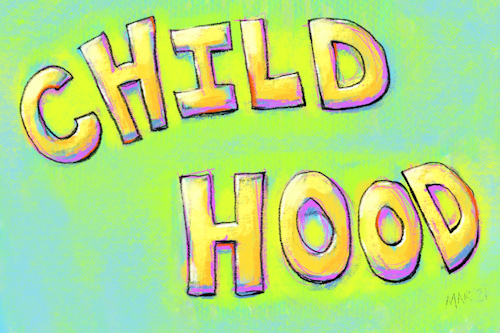
When your parents cannot parent you, and you are surrounded by chaos, you assume parental duties. That is just how it works. Kid brains recognize a need for order and if none exists, they try to create it. And kid brains want more than anything to make sure Mom and Dad are okay. Because we are hardwired to understand that Mom and Dad are important for our survival. Kids need adults to help them. So kids born into homes with impaired adults will take on adult responsibilities. Responsibilities they do not have the resources to meet. Kids cannot function as adults. They do not have the life experience or the financial and physical resources. This creates tremendous pressure on these tiny adult-like creatures. Often these little people become very good at research. Trying to acquire life experience earlier than would naturally happen. They also become very resourceful and very resilient.
Kids born into homes of emotional neglect are some of the strongest people you will ever meet.
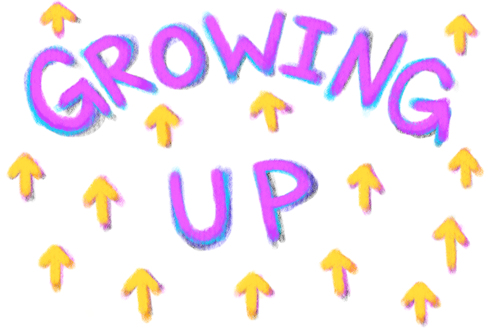
Humans are narrative animals. We need stories to make sense of the world. As a child, if you are tasked with acting as a parental figure to the grown up humans who are supposed to take care of you, what kind of story makes sense of that? For many of us, we learn to see ourselves as very special. We must be gifted. We must be special, right? We must be superheroes or saviors or healers or mystics, right? How else could a child be responsible for adults? Also, we cannot face the cruelty and the helpless feelings from being born into such an untenable situation, so the idea that we are there to save everyone is much more palatable.
That “fixer” narrative helps for a long time. It gets us through the vulnerable years. To believe we were born to help others. That is our purpose. We get really good at it. Until it stops working. It does eventually stop working. Somewhere along the line, everyone else our age starts to grow up and become young adults. We don’t know what that even means. We have always been adults. We feel weird. As we age, we feel even weirder. We are not aging correctly. Everyone else seems to be getting stronger and more mature but we don’t.
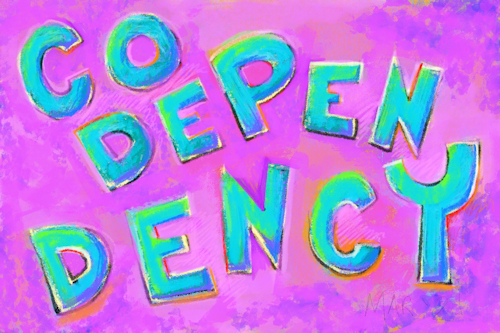
Most of us will find people that are more fucked up than we are so we can keep helping. That desire to rescue others instead of feeling our own pain and fear is called co-dependency. It is a tough nut to crack. Because helping always sounds virtuous! It makes us feel good! Until it doesn’t. And feeling the pain and fear and grief from our childhood trauma does not sound fun at all! So we run around using whatever substances or experiences we can find to keep us distracted. Until that stops working.
Pain always finds you in the end. There are no short cuts to get around pain. You have to go through it.
I will always remember the time a (really good) therapist asked me, “So helping others sounds like it is pretty important to you, huh?” I remember the gears in my mind came to a screeching halt. What kind of question was this? It was like she was asking me, “So, it sounds like you really enjoy breathing oxygen, huh?” It was utterly new to me that there were other ways to live. I just assumed everyone was entirely oriented around helping others. Self care was such a foreign concept to me, that it was not even on my radar at all. I thought everyone spent all their time and energy focused on helping others just like I did, but I just thought some folks were really bad at it. lol
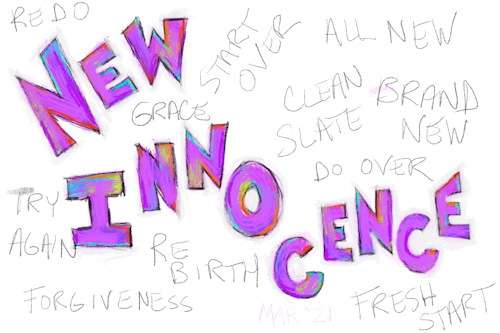
Once I came to see that my NEED to help others had at least as much to do with my NEED not to feel my emotions as it did with actually being of use to others, I realized how clueless I was. It began a new age of innocence. I had so much to learn! About myself and about life. I felt like a 30 year old middle-schooler. I really had no sense of myself as a person at that point. No sense of who I was or what I liked or what I wanted. Those were not things I could explore as a kid, because I had way bigger concerns back then. Like survival. So I started reading self help books and pursuing intense therapy and journaling like a fiend. Journaling was especially helpful. I could not hear my truest inner voice much of the time as I was so attuned to hearing the needs of others. So journaling helped me a ton. I wrote and wrote until I could figure out which thoughts and feelings were mine and which were coming from outside influences.
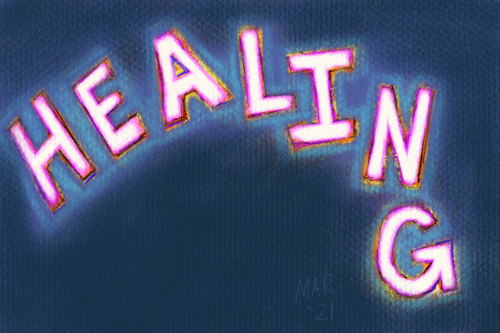
The process of becoming a person and retiring my superhero cape was really hard and long and painful. Giving birth is painful! I had to free the little girl in me that went into hiding so many years ago. She did NOT want to come out. She was very very very scared. And MAD AS HELL! Ack! So much anger and pain. I had never been an angry person. Where did all this rage come from? I wanted to kill my parents. Or kill myself in front of them. I hated everyone. The whole world had failed that little girl and apparently she held grudges. I did not realize this. I had always been a sweet middle child peace-keeper. The only daughter. Born care-taker. Luckily, I inherited some wild courage and bold passion from my mentally ill Mom. Healing was a trip!
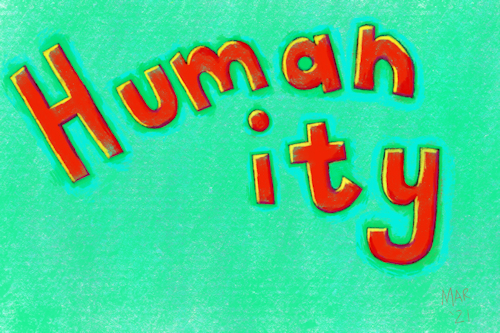
So what happens when you stop being a superhero and trying to save everyone individually is that you start to humbly acknowledge your own humanity and that necessitates asking for help. The cool thing is that once you recognize what a fucked up clueless wreck you are and you start asking for help and you start dealing with your pain and fear and loss and you start reaching for things beyond your known universe, you develop a new kind of compassion. And that in turn allows you to connect with the world in a new way. Which just might let you help people in a much broader way. In time. Because if you do the hard work, you might be able to lead by example and show other Space Lobsters that life gets better. If you are lucky. That is the goal, anyway. Heal yourself as a way to tell a better story. Instead of helping others individually until it kills you. Heal yourself so you can show others it is possible to heal themselves. Give someone an emotional fish and they eat for a day, right? Isn’t that the saying? And maybe you feel good until you run out of fish and emotional strength. Teach yourself to take better care of your own emotional needs and you can teach others to leave the emotional fish alone and take care of themselves, too.
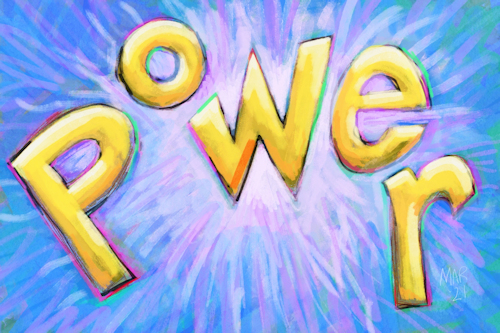
Kids who grow up in emotional neglect are powerful humans. They survived with next-to-no support or nurturing. They are bad-asses. But they are also often mechanical problem solvers. And they need to learn to be soft and vulnerable sometimes if they want to become fully alive. They need to face the fact that some problems cannot be solved. They will forever be damaged by their trauma. They will never be “normal”. They will never fully heal. But they can learn to connect. That is the miraculous news! They can learn to be happy. They can learn to be human. I am happier now than I ever thought possible. And more human. And more connected. Not like a normal person, but I am fine with that. The amazing thing is this… I still have a tiny bit of superhero magic in me. Because I have stood on the edge of the abyss and I have looked out into the darkest void. I have known nothingness that would scare the poop out of most normal people. And I have lived to tell the tale. I am crazy strong. And so so so grateful to have lived to see this time.
Power is not about invincibility or willfulness. It is not about feeling no fear.
No, power is about feeling all the feelings including all the fear and then trudging onward anyway. True power is about knowing your story inside and out, so you have no worries that you are bluffing when you stake your claim in life. I am not sure how normal people learn their stories, but I know how I learned mine and I know I am truly a self made woman and I am not afraid of my flaws and scars being exposed. I willingly flaunt them because I am proud of where I came from and the emotional work I have done to get here.
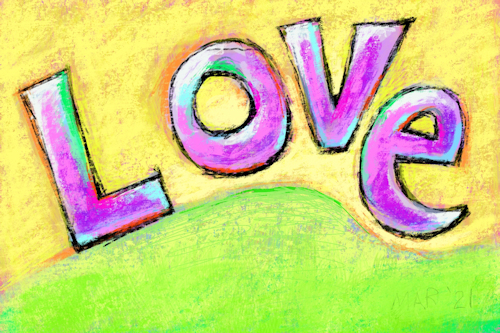
Do the work. Find a good therapist. Read good books. Talk to smart people. Ask yourself the tough questions. Learn your story. Write. Listen to yourself. Set yourself free. Learn to love fully. Even the ugly stuff. Everything is about love.
Space Lobsters are made of love and hope. We are the ones that will save this failing planet. We have to take good care of ourselves. And each other.
Love you,
Melissa
